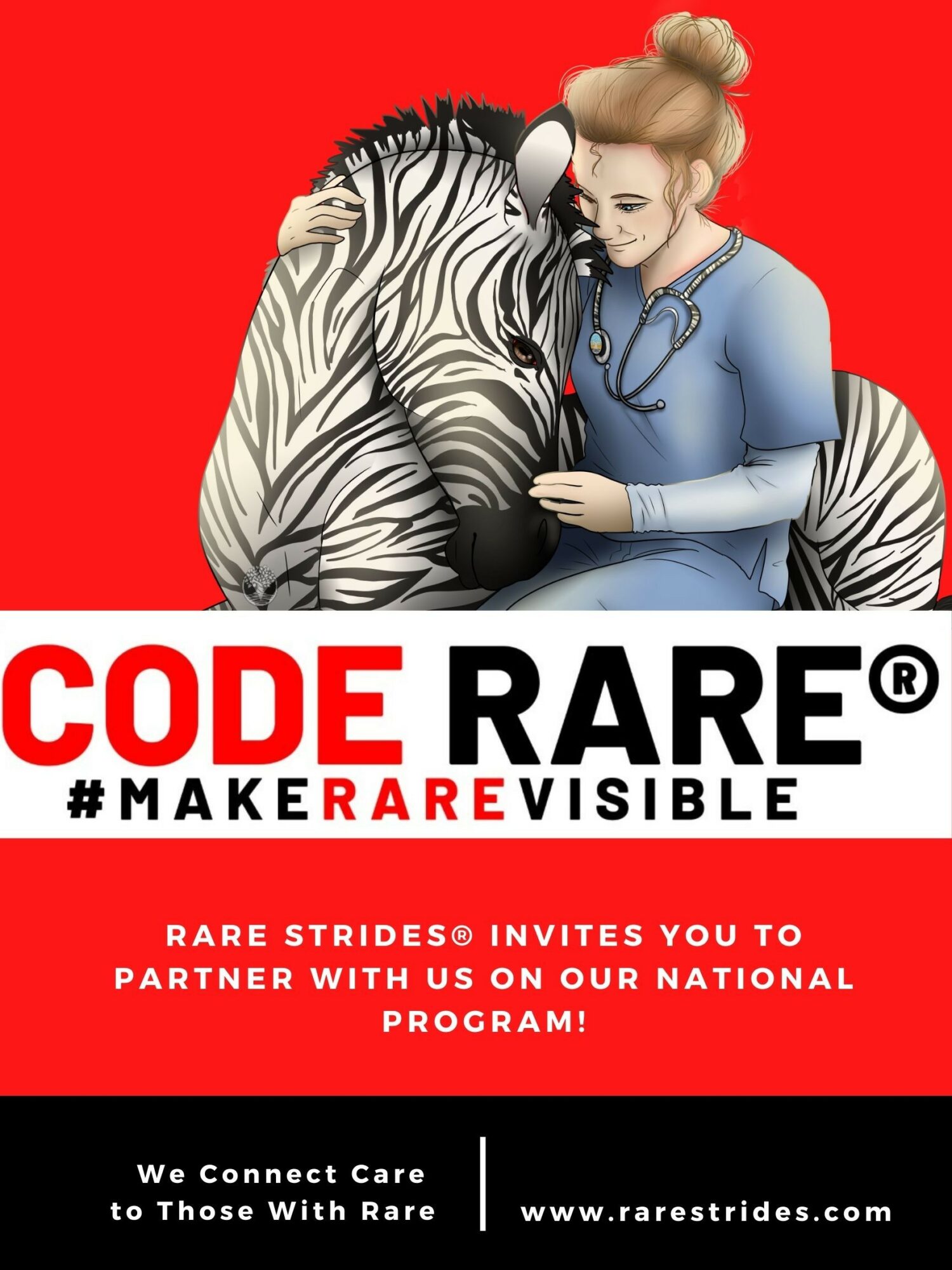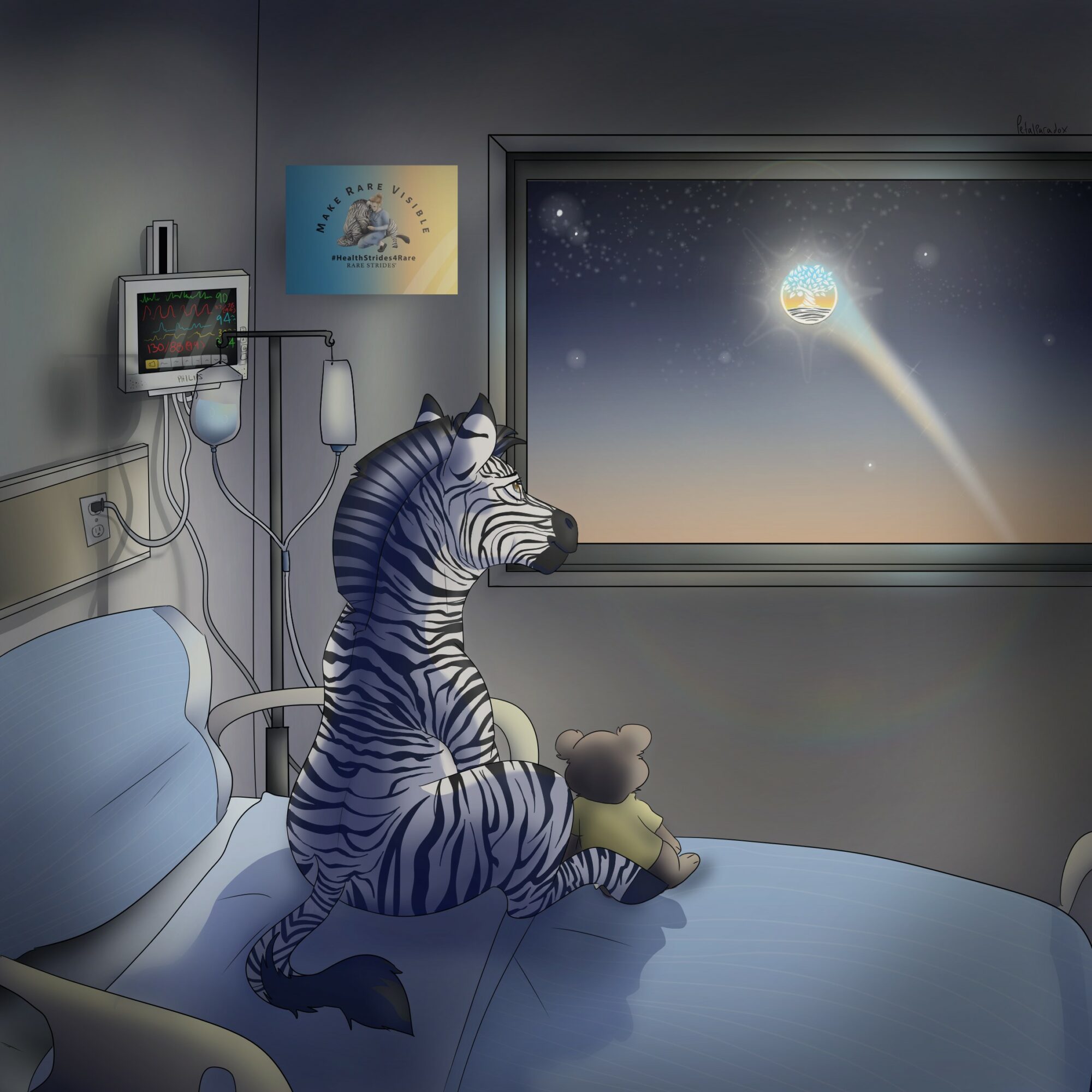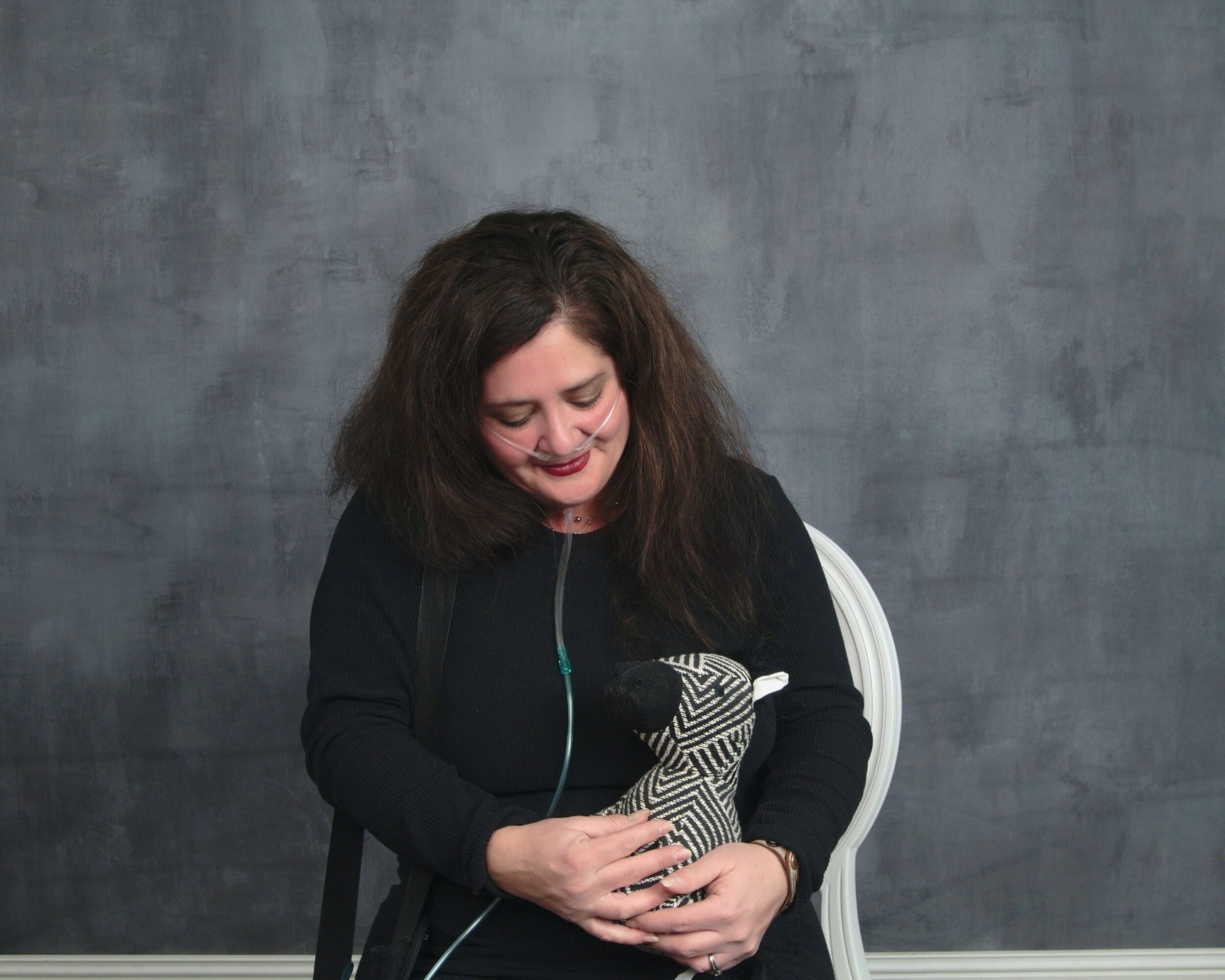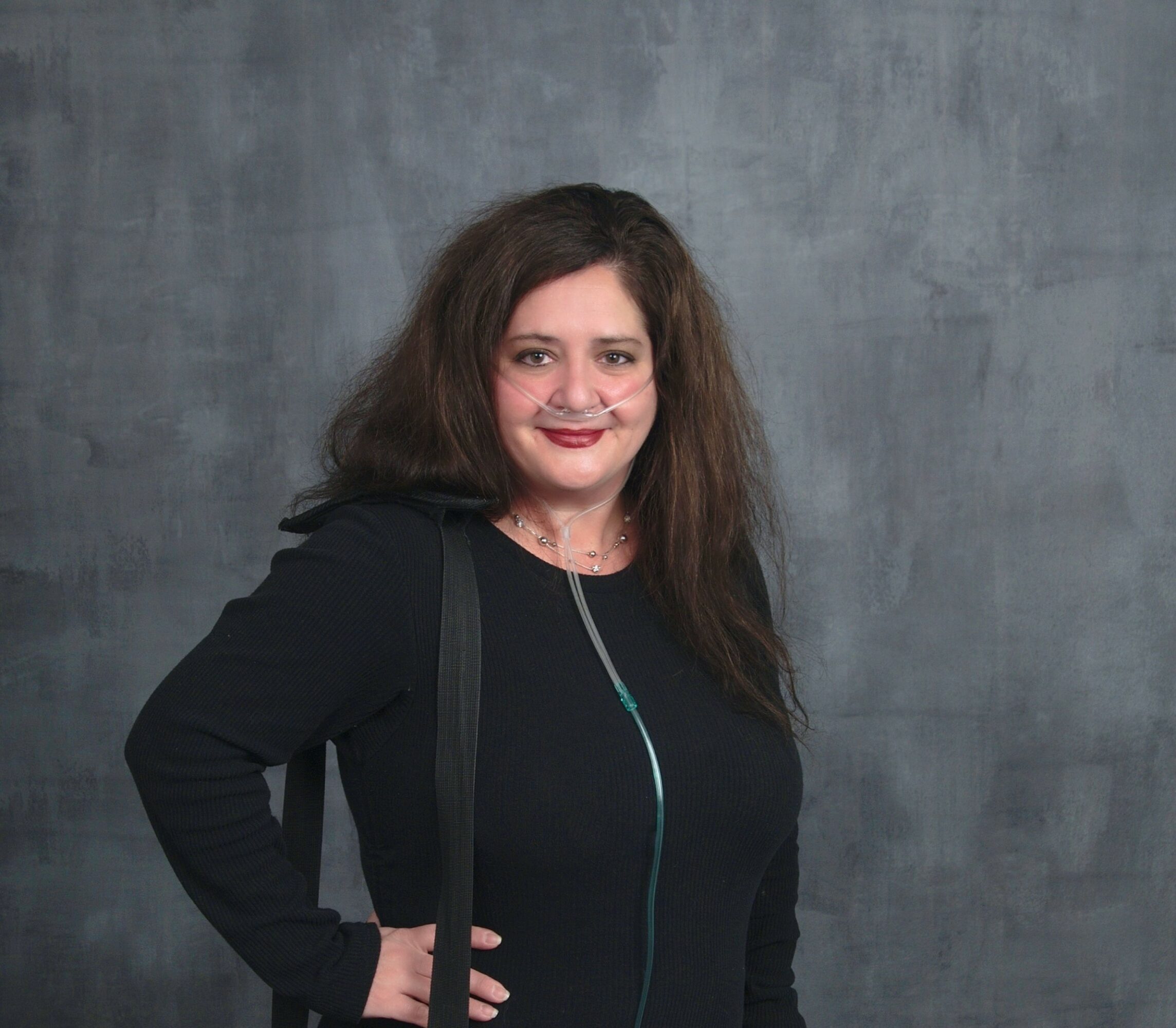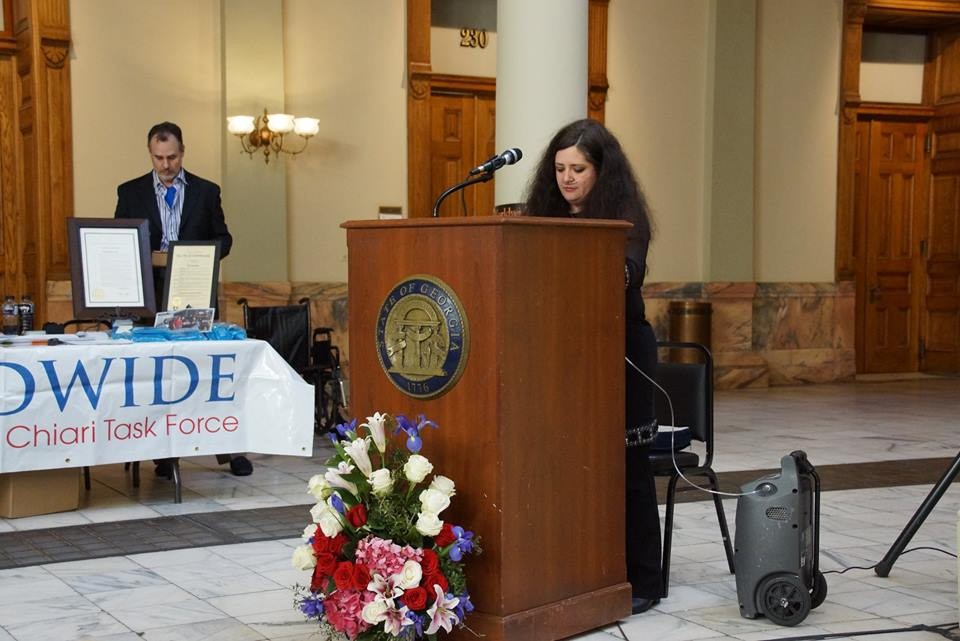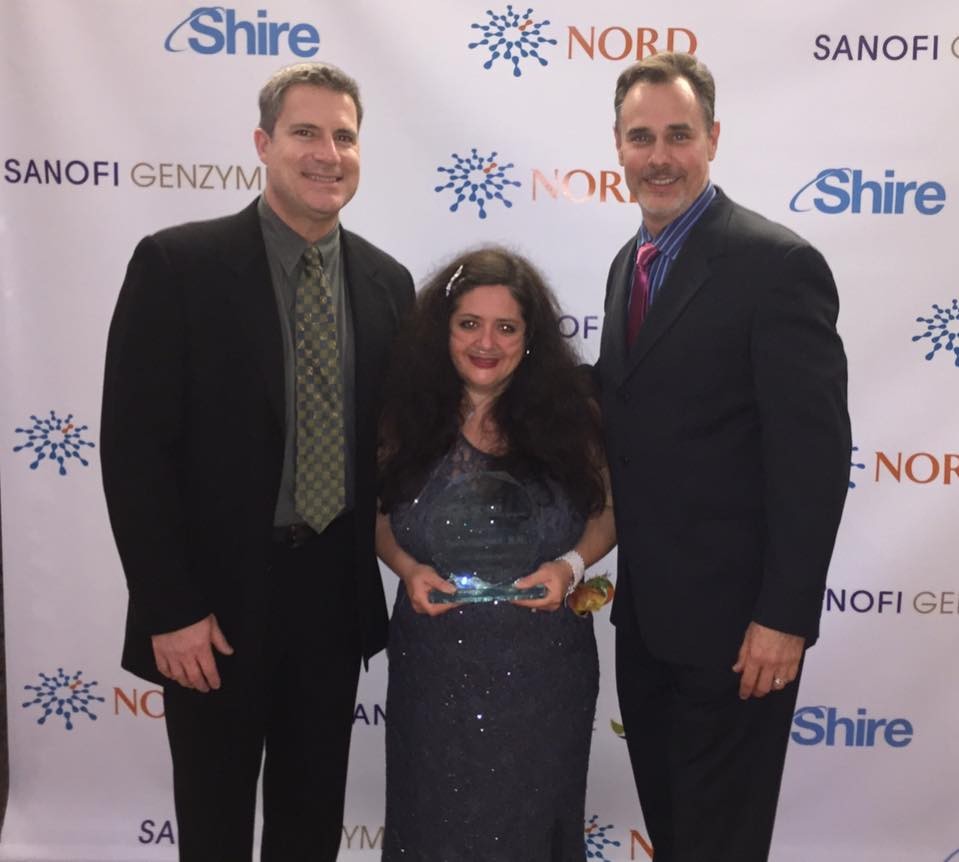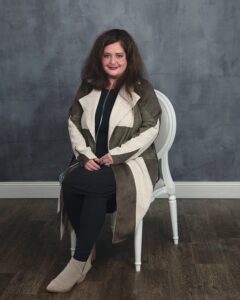
Today we’d like to introduce you to Beth Nguyen.
Hi Beth, thanks for sharing your story with us. To start, maybe you can tell our readers some of your backstory.
From the time I was a little girl, I was blessed with empathy and discernment to understand how to help when someone was sick or going through a tough time. Over the years, my compassion helping others through hardship was very rewarding and I decided to pursue a degree in nursing. Time and time again, I would meet beautiful people in the midst of a crisis looking for kindness and compassion. I went on to love and even lose a few beautiful friends before accepting that we were meant to cross paths because in that moment they needed comfort and understanding or perhaps a kindred spirit to help them walk through those difficult times.
Right after graduating as a registered nurse, I spent 15 years caring for children and adults at the bedside in a variety of settings that included a busy medical/surgical unit; complex transplant specialty unit, and a fast-paced emergency room taking care of the critically ill during what could be their most traumatic life or death moments. I can recall clocking out to hold a hand or sing to someone who just needed to be held while taking their last breaths. Nursing became my passion, and yet I longed for something more. I felt that there was a greater purpose for me, a bigger plan to help the suffering. I never fully realized my calling until I was diagnosed with a rare disease.
My complex journey into rare began during the height of my nursing career. In 2013 I began having symptoms that were unexplained with routine diagnostic tests. At first, I dismissed them as nothing more than stress and thought I was simply working too much. At that time, I was pulling 16 hour shifts routinely so it was no surprise when I fell ill. However, over time the symptoms did not go away. In fact, they became much more frequent and serious. I started having frequent dizzy episodes, palpitations, difficulty walking, vision changes, constant nausea, and paralyzing headaches.
My symptoms continued until I could no longer ignore them. My last night working at the bedside in the emergency room I received a critically ill patient and ended up nearly passing out with a low blood pressure and rapid heart rate. That night I was admitted into the hospital for over a week. My friends, medical colleagues, and family members were frightened about my sudden decline. At that time, the pressure in my brain was dangerously high and I was undergoing tests to rule out a brain tumor. My doctors were working hard to identify the cause of so many new symptoms. After numerous diagnostic tests and few answers, I traveled out of state to seek the opinions of specialists. A neurosurgeon eventually diagnosed me with a rare disease called Syringomyelia and my journey into rare began.
After months of facing one medical hardship after another and following a desperate search for information and resources that yielded few answers, my quality of life continued to decline. I felt helpless to prevent further complications despite my years of medical knowledge. During that dark time, I received multiple new diagnoses linked to my primary rare disease rarely recognized in medicine. My new diagnoses included intracranial hypertension, diastolic heart failure, pulmonary hypertension, autonomic dysfunction, hypoxia, central sleep apnea, neuropathy, and Tarlov cyst disease. I realized that if I, a nurse with critical care training and 15 years of bedside experience, could not find resources or next steps in care for my own rare disease, someone without medical knowledge would be lost! I realized that I had a powerful testimony, and I could leverage my dual experience as patient and registered nurse to become a powerful leader in healthcare to advocate for others with rare diseases to help save lives. I was told there was no effective treatment or cure for my rare disease. Instead of losing hope, I became determined to do something about it that would grow into something significant, serving millions with rare diseases.
In 2014 I made a decision to start a 501c3 nonprofit organization to provide medical education and resources to medical teams focused on Syringomyelia and Chiari. We were determined to build a community of support for children and adults who felt alone and isolated. Within months of launching the nonprofit, it quickly grew to a community of over 8,000 worldwide! Over the years, we spearheaded the passage of numerous proclamations to recognize SM and Chiari, conducted multiple interviews, published numerous articles, and received multiple patient advocacy awards.
I serve the community as an Author. My journey of faith, family, and my children are very important to me. God turned despair into hope, advocacy, and leadership. He continues to use experiences throughout my life to inspire and help others. My faith serves an integral role in my rare journey today and I am humbled to do what I can to serve others. If you would like to read the first half of my powerful testimony, it’s available in my first e-book titled “Beyond Syringomyelia”.
It’s truly an honor to serve the rare community in my role as a Founder of Rare STRIDES®. We are a compassionate team of nurses, physicians, and business leaders driven by our personal love for the rare community. I am so thankful for our incredible team who are determined to create solutions and programs to meet the needs of children and adults with rare diseases in healthcare. Rare STRIDES® mission is to empower patients and medical teams with innovative tools to successfully fight rare diseases, and we are committed to the delivery of exceptional clinical care for rare patients in every medical setting. We are passionate about giving back to fund patient programs and continued innovation for children and adults with rare diseases who deserve excellence in healthcare.
I am proud to serve the rare disease community in another leadership role as a Georgia Volunteer State Ambassador for the National Organization for Rare Disorders (NORD). In my role I connect and empower the rare community through the Rare Action Network. For the last few years, we have led efforts to establish the first Georgia Rare Disease Advisory Council; a formal forum to discuss unmet needs of the rare community and provide the rare community with a stronger voice in state government. I am working alongside several rare disease advocates in the state to pursue 2022 legislation that would establish an RDAC in Georgia.
Can you talk to us a bit about the challenges and lessons you’ve learned along the way. Looking back would you say it’s been easy or smooth in retrospect?
The road has been filled with multiple Mt. Everests and potholes. Every single gap missing in my own rare journey or the rare journey of someone else requires full attention. I have had to figure out a way to address each gap while battling my own illness. All too often a challenge may require starting from the ground up and that can be very discouraging. Many times, you do not have the resources needed to move forward. As a leader I feel accountable to solve each challenge as quickly as I can. Children and adults in the rare community have suffered so much hardship because of barriers to care and many have died waiting for help. Thankfully there are awesome rare leaders and advocates all over the world uniting resources to eliminate barriers for the rare community.
My rare disease was not understood or heard of among my medical peers, so I literally had to go search and gather credible resources to share with my medical teams. I became a public speaker to share my rare journey with the latest resources at nursing and medical schools to increase awareness among members of the medical team.
In the state of Georgia there was no annual recognition of Rare Disease Day or proclamations for rare diseases, so I had to advocate fiercely for the passage of over 20 proclamations to have rare diseases recognized by state leaders. Despite numerous physical challenges and accessible parking located blocks away from the Capitol entrance, I now lead Rare Disease Day events at the Georgia State Capitol to increase awareness about the unmet needs of the rare community.
In order to present as a guest speaker at a conference your rare disease has to be a topic of interest. Holding a solo event or conference can be financially challenging without adequate funding support. You may have few chances to get your message out in front of a larger audience.
Airtime is very expensive and that is why many rare diseases are almost never mentioned in commercials, talk shows, or televised events like the Super Bowl. Parents of children with rare or patients with rare diseases often launch nonprofit organizations. Many are funded by the family or crowdfunded while they battle their rare disease and struggle to keep the doors open.
Flying with a rare disease and durable medical equipment can be a nightmare. For example, if an airline damages or loses a wheelchair, it can be many months to have it replaced or repaired. People who use a wheelchair depend on the equipment just as someone may depend on legs to walk. Losing a wheelchair or medical device can be devastating and it may be irreplaceable depending on its design or customizations.
Sadly in 2021 despite significant progress, it is still difficult to travel and navigate stores, sidewalks, and restrooms in many states for people with disabilities who rely on durable medical equipment ex: wheelchairs, oxygen equipment.
Thanks – so what else should our readers know about Rare Strides®?
At Rare STRIDES®, we are comprised of compassionate leaders who have been impacted by rare personally. Many of us are connected to family struggling to find resources and care, lost a child or loved one to a rare or complex disease, or live with a rare disease every single day. We understand the medical barriers as well as the community hardships and we are passionate about solving the challenges to help save lives.
The zebra is prominent in our artwork because it represents rare diseases. Dr. Theodore Woodward coined the phrase “When you hear hoofbeats, think horses, not zebras”. While it is very important to rule out common conditions; it is crucial to consider the zebra to support patient safety and restore quality of life for children and adults with rare diseases. Did you know that there are an estimated 300 million people worldwide living with a rare disease? Cumulatively, there are more than 7,000 rare diseases affecting more than 30 million Americans. At Rare STRIDES® We Connect Care to Those with Rare and Make Rare Visible in Medicine.
We are proud of Rare STRIDES® flagship programs.
Code Rare® inspires medical teams and first responders to learn more about rare diseases. Our nurses share medical education to support patient safety and advance understanding about next steps, diagnostics, and patient-centered clinical care coordination for rare diseases.
Rare Wish® was launched to grant wishes for children and adults with rare and complex undiagnosed diseases.
Our exciting Internship Program offers opportunities for students interested in learning about rare diseases.
Please visit our website to learn more about our products and exciting plans to support the rare community in all aspects of healthcare. www.rarestrides.com
It is an honor to serve our rare community!
If we knew you growing up, how would we have described you?
Growing up, I loved to comfort and nurture others. I could also be as stubborn as a mule and believe me……I dug my heels in when I believed in something. I would run outside among the apple and pecan trees or balance on a wooden fence barefooted. If I wanted to be alone, I would climb magnolia trees or swim for hours at a time. I would snuggle up next to my grandfather, listen to silly stories and giggle hearing all the live sound effects as he would imitate a train whistle or make snoring sounds telling tales of old. I would savor my nana’s Southern cooking …. especially her hot homemade pecan pie. I could sit for hours next to her rocking chair and watch her string fresh green beans from Grandpa’s garden. I loved walking the railroad tracks with my grandfather to go get ice cream or candy without a care in the world. Often times I used to pretend I was in an old war or western movie taking care of sick and injured soldiers or cowboys with my cousins during lazy summer months.
In my adolescence, I enjoyed camping outdoors next to a beautiful bonfire roasting marshmallows and listening to my father sing hymns or the Beatles while playing his guitar. I began playing piano before I could read. I often played songs to ease stress or calm someone who was struggling. I admired my other grandfather; a pediatrician who carried a black bag making house calls to care for sick children. I was very interested in hearing him talk about his passion and fierce advocacy for the children and families he served. I would read my great grandfather’s poetry to him in his library and listen as my grandmother described all of his adventures as President of Berry College. His heart of service inspired me. I realized through experiences that I had a powerful gift of empathy, healing, and compassion to share with others. As I grew up, I received my greatest joy and blessing from comforting others through their worst moments and that is the path that sparked my journey into nursing.
Contact Info:
- Email: info@rarestrides.com
- Website: https://www.rarestrides.com
- Instagram: @rarestrides
- Facebook: https://www.facebook.com/rarestrides
- Youtube: https://www.youtube.com/watch?v=Z5ChvTErA7g
